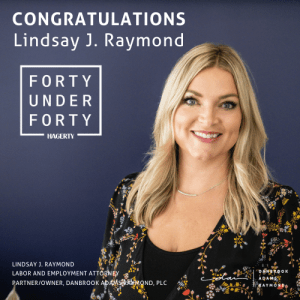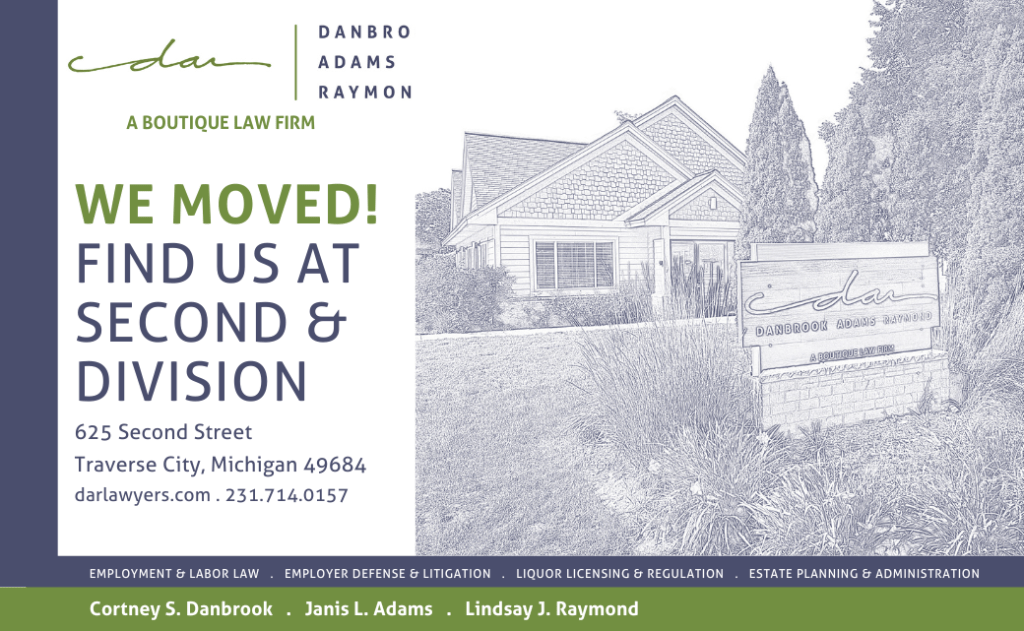Analyzing Undue Hardship In Religious Accommodation And Exemption Requests
When deciding employee religious exemption requests, many employers operate under the misconception that freedom of religion is absolute in the private workplace, completely overlooking the undue hardship analysis.
The recent implementation of COVID-19 vaccine mandates, such as the federal Centers for Medicare and Medicaid Services health care worker mandate and other non-governmental company-issued mandates, has resulted in employees filing an unprecedented number of religious exemption requests.
In October 2021, the Equal Employment Opportunity Commission (EEOC) reported statistics for fiscal year 2020, showing that religious discrimination charges made up just 3.6% of all charges filed. This is in line with historic trends over the prior 20 years during which religious discrimination charges accounted for 2.4% to 4.2% of all EEOC charges.
In contrast to these trends, hospitals across the country are reporting that around 15% to 30% of their employees seek religious exemptions to mandatory vaccination, and the majority of such requests are granted. The reasons for this are nuanced, and most certainly involve considerations of potential staffing shortages.
Other reasons include that many employers, having minimal experience with the legal issues related to religious accommodations, feel overwhelmed with the sheer number of requests, and are accustomed to deciding disability accommodation requests, which are subject to a stricter standard of review.
In fact, the legal standard that employers must meet to demonstrate that a religious exemption accommodation request poses undue hardship is much less onerous than that required in a disability accommodation request.
In recognition of the quick action that would be required by employers to comply with impending vaccine mandates, on October 25, 2021, the EEOC issued new guidance to assist employers in addressing the unique legal issues raised by implementation of COVID-19 vaccine mandates, including religious exemption requests.
Based on the current, unprecedented explosion of religious exemption requests, and in recognition of the continued confusion that many employers are experiencing with this issue, the EEOC updated its guidance again on March 1, providing employers with additional information necessary to making these accommodation decisions.
Deciding a Religious Exemption Request
When deciding an employee’s request for a religious exemption from a COVID-19 vaccine mandate, the employer must first determine whether the employee asserts “sincerely held religious beliefs, observances, or practices” that conflict with the mandate. Once established, the employer may further consider whether it can provide a reasonable accommodation that does not pose undue hardship to operations.
Has Employee Stated ‘Sincerely Held Religious Beliefs, Observances or Practices?’
The sincerity of an employee’s stated religious beliefs, practices, or observances is usually not in dispute. The employee’s sincerity in holding a religious belief is “largely a matter of individual credibility.” The definition of “religion” under Title VII protects non-traditional religious beliefs that may be unfamiliar to employers. Thus, as a general rule, an employer should assume that a request for a religious accommodation is based on sincerely held religious beliefs even if the employer is unfamiliar with the belief. Likewise, employees should not assume that their employer knows or understands their stated religious belief, and are required to cooperate with the employer when asked to explain the religious nature of their belief. Objections to vaccination that are based on social, political or personal preferences, or on non-religious concerns about the possible effects of the vaccine, do not qualify as “religious beliefs” under Title VII.
Employer Need Only Meet a ‘de minimis’ Standard to Show Undue Hardship
Requests for exemption from mandatory vaccination may be based on religious beliefs or for medical reasons, with religious exemptions accounting for the overwhelming majority of all exemption requests. Medical exemption requests, which are limited to specific medical conditions having contraindications to the COVID-19 vaccine, are analyzed under the Americans with Disabilities Act (ADA), which requires employers to meet a strict standard of review to show that a requested accommodation poses undue hardship. When evaluating whether undue hardship exists pursuant to the ADA, an employer must demonstrate that the requested accommodation would cause the business “significant difficulty or expense.”
In comparison, the United States Supreme Court has held that an employer evaluating undue hardship for an employee seeking a religious exemption under Title VII of the Civil Rights Act need only show that it would “bear more than a de minimis, or a minimal, cost to accommodate an employee’s religious belief.” Such “costs” are broadly defined as “not only direct monetary costs but also the burden on the conduct of the employer’s business – including, the risk of the spread of COVID-19 to other employees or to the public.” Courts have found Title VII undue hardship where “the religious accommodation would violate federal law, impair workplace safety, diminish efficiency in other jobs, or cause co-workers to carry the accommodated employee’s share of potentially hazardous or burdensome work.”
Assessing Undue Hardship
When deciding whether it can accommodate an employee’s religious exemption request, the employer should carefully analyze the employee’s specific job functions and make a case-by-case, individualized assessment, considering the particular facts of the specific situation. In so doing, the employer is required to engage in the interactive process with the employee, requesting what specific accommodation the employee is seeking, e.g. remote work, wearing an N-95 mask, required testing, etc., and asking any necessary follow-up questions. Employers should thoroughly consider all possible reasonable accommodations, including remote work and reassignment, and may consider an alternative accommodation to the one proposed by the employee.
When assessing undue hardship, the employer should consider the particular facts of each situation and will need to demonstrate how much cost or disruption to operations the employee’s proposed accommodation would involve. “An employer cannot rely on speculative or hypothetical hardship when faced with an employee’s religious objection but, rather, should rely on objective information.” “When an employer is assessing whether exempting employees from getting a vaccination would impair workplace safety, it may consider, for example, the type of workplace, the nature of the employees’ duties, the location in which the employees must or can perform their duties, the number of employees who are fully vaccinated, how many employees and non-employees physically enter the workplace, and the number of employees who will in fact need a particular accommodation.” With respect to this last criterion, “the employer may consider the cumulative cost or burden of granting accommodations to other employees.” Importantly, when deciding religious requests under the health care worker vaccine mandate, CMS requires the employer to ensure that it “minimizes the risk of transmission of COVID-19 to at-risk individuals in keeping with its obligation to protect the health and safety of patients.”
Denial of Accommodation Based on Undue Hardship
When an employer denies the employee’s accommodation based on undue hardship, it should provide the employee with a detailed explanation pertaining to whether it found the employee had stated “sincerely held religious beliefs, observances, or practices,” and all of the factors it relied on when deciding that it was unable to reasonably accommodate the employee without undue hardship on its operations. Employers also have the right to discontinue a previously granted accommodation if it subsequently poses an undue hardship on the employer’s operations due to changed circumstances.
Finally, when making religious exemption decisions, an employer should consider using an exemption review committee rather than relying on individuals to make these decisions, and should confer with legal counsel when questions arise to ensure compliance with the law.
With vaccine mandates in effect for an as yet undetermined period of time, employers can best protect their business, keep their workplaces safe, and reduce potential exposure to liability by becoming knowledgeable about Title VII religious exemption legal issues.
-
Janis L. Adams of Danbrook Adams Raymond PLC is an experienced employment law attorney and business owner. You can reach her at jadams@darlawyers.com
This article was featured in the April 2022 issue of the Traverse City Business News.



 "I had such a great time today presenting the 2022 Employment Law Update at the Incompass Michigan Leadership Conference in Traverse City," shared Raymond. "I have attended this event for many years and the crowd is always inspiring. The year's conference was filled with fun and learning! Plus I’m passionate about inclusion and empowering employers to be their best selves."
"I had such a great time today presenting the 2022 Employment Law Update at the Incompass Michigan Leadership Conference in Traverse City," shared Raymond. "I have attended this event for many years and the crowd is always inspiring. The year's conference was filled with fun and learning! Plus I’m passionate about inclusion and empowering employers to be their best selves."